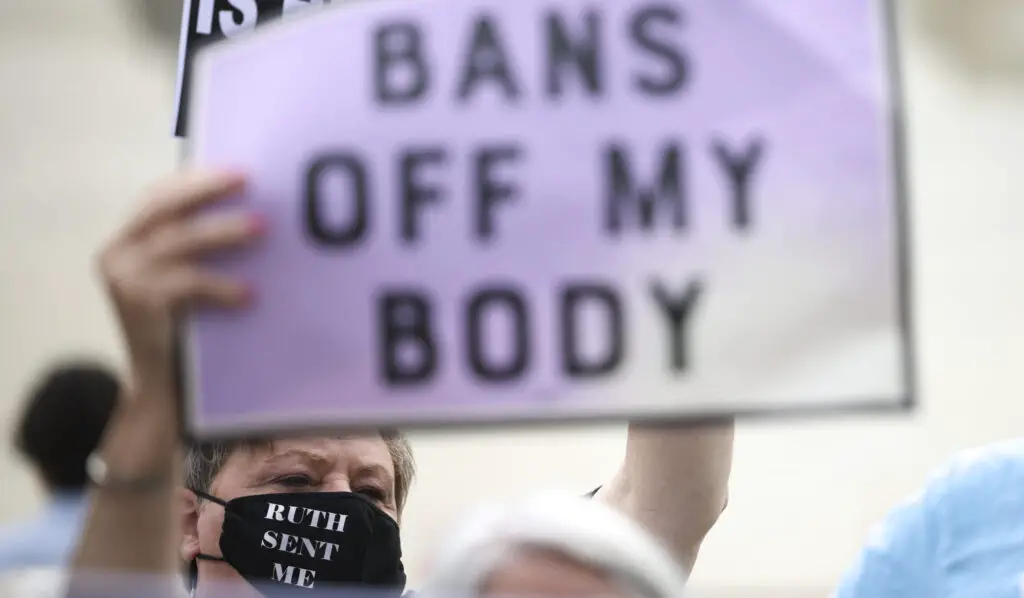The Impact of Overturning Roe vs Wade: A Personal Account
The overturning of Roe vs Wade last year has sparked a wave of political and social upheaval, prompting proponents of abortion rights to take swift action. In various states, including Kansas, Michigan, Ohio, Florida, Arizona, and Missouri, voters have resoundingly thrown their support behind ballot initiatives aimed at safeguarding abortion rights. However, a common thread runs through these initiatives – the attempt to reinstate Roe, a framework deemed insufficient by reproductive justice leaders.
For many, the consequences of political compromise on abortion hit close to home. In 2016, a devastating discovery during her second-trimester pregnancy led to a heartbreaking decision. Despite the support and counsel of a medical team, the individual was confronted with Missouri’s abortion ban at 22 weeks, along with judgmental non-medical consents and a 72-hour waiting period for necessary medical care. This callous disregard for the complexities of pregnancy and personal health and safety took a heavy toll, highlighting the limitations of Roe’s protections.
This firsthand experience propelled the individual into abortion-rights advocacy, sharing her story at all levels of government and joining local advocacy efforts to reduce stigma and affect policy change. The impact of her narrative reached a wider audience when The Moth reshared a storytelling event, attaining a viewership of 1.5 million. Despite some light amid the darkness, the disappointment in the exploitation of personal stories for fundraising and awareness, without genuine inclusion in policy shaping, is palpable.
In Missouri, reproductive-rights advocates are championing ballot language that allows for state interference post-arbitrary viability limits. This approach, deemed medically inaccurate and dismissive of individual circumstances, perpetuates political tampering with healthcare decisions. Amid these initiatives, only one version is touted as a “clean” solution, genuinely removing state entities from reproductive rights. Advocates are urged to exclusively focus on advancing this version or clearly articulate a plan to address the shortcomings of alternative versions.
Embracing a holistic approach, it is crucial for volunteers supporting pro-abortion ballot initiatives to comprehend the diverse ballot language options and ensure inclusion of significant elements like abortion bans based on viability limits. This awareness is vital to counter potential exploitation by anti-abortion politicians.
The political landscape in Missouri, shaped by the anti-abortion movement and influential figures, presents a looming threat of subversion, reaffirming the necessity for a robust constitutional ballot that shields Missourians’ reproductive healthcare choices from undemocratic interference.
In considering the broader context, the distressing consequences of political intervention in abortion access are exemplified by the harrowing ordeals faced by individuals in various states. The experiences of Kate Cox in Texas and Brittany Watts in Ohio serve as stark reminders of the anguish, injustice, and severe harm inflicted when politicians dictate reproductive rights, emphasizing the urgency of expansive protections rooted in science and the wellbeing of all individuals.
The future of reproductive justice hinges on policies that exclude elected officials from healthcare decisions, particularly in the realm of abortion care. With personal narratives serving as a compelling force for change, it is imperative to prioritize comprehensive protection that eliminates the disproportionate impact of abortion bans and prioritizes the lived reality of Missourians.

